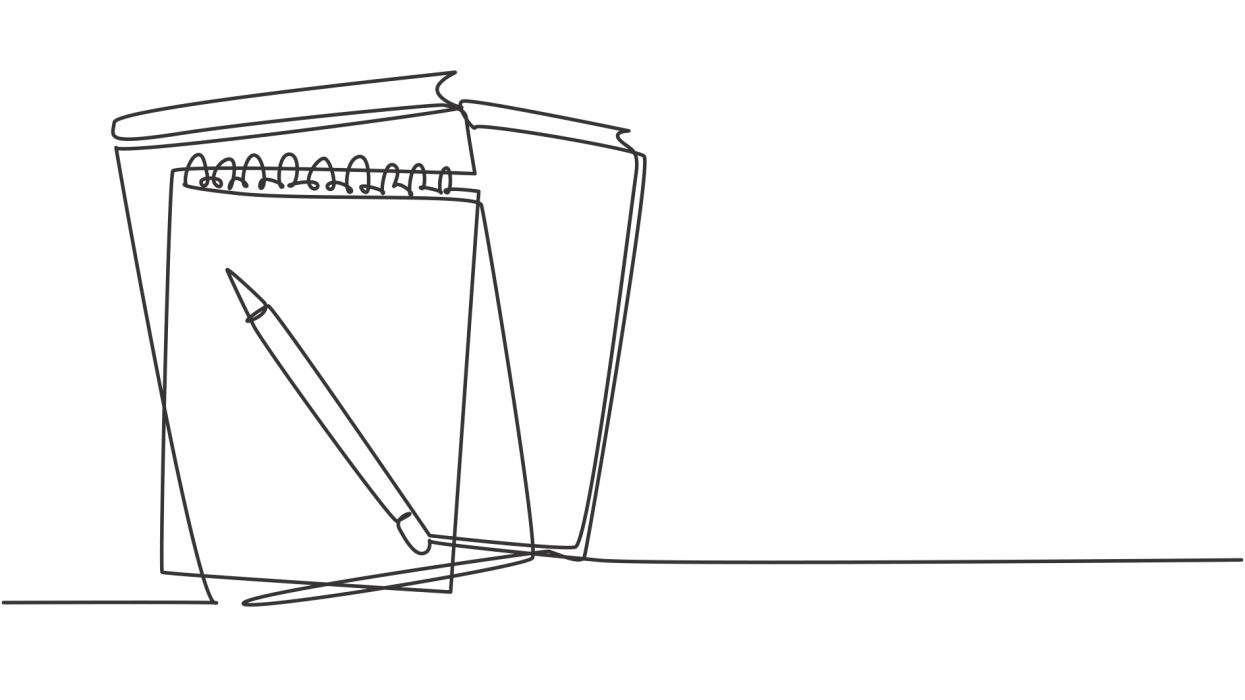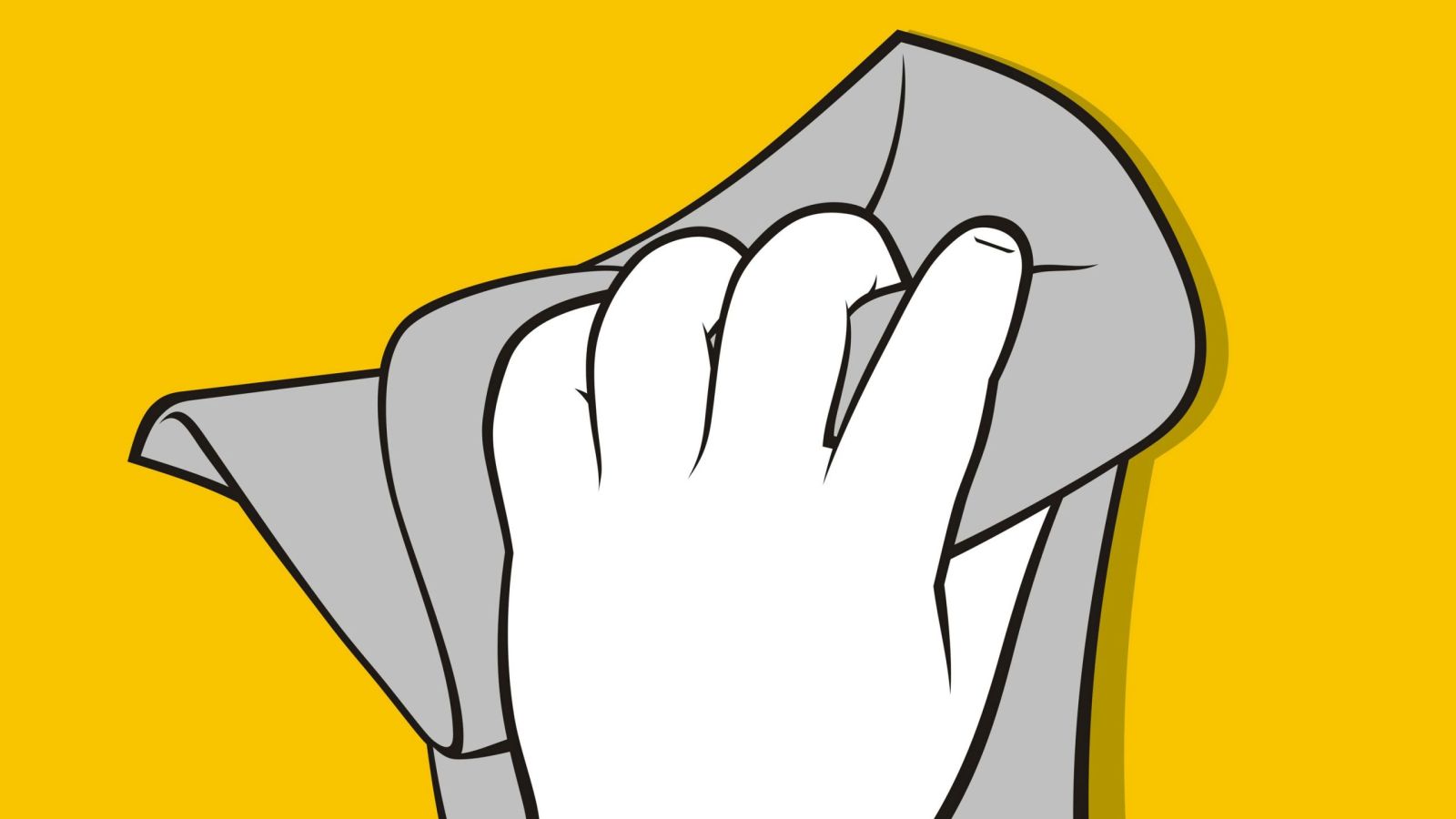Our Shaykh firstly reminds us that music is not permissible; he then says there are two ways in fixing this problem:
- The Imām of the Masjid should give some words regarding this and he (the Imām) should be diligent and patient when advising the people on this matter.
- The person responsible for the music in the Masjid should be called (by the Imām, etc.) and advised specifically about the harms on this matter.
He advises us that patience and consistency (in trying to resolve this) is the key.
Answer at 7:00
[Q2]: As we’re living in a non-Muslim country and we want to establish a daʿwah centre to spread Salafīyyah and the Sunnah – is it permissible to receive money from the government, you don’t have to pay back this money?
He, حفظه الله mentions that if wealth from the disbeliever is a gift then it is permissible for you to take as long as this does not have any conditions and restrictions i.e., interest or a loan with an interest or anything of that nature, etc. is not permissible.
Answer at 12:00
[Q3]: Some organisations do not call themselves Salafī, and/or do not stick with the name, how can we get with the people who do not ascribe themselves to Salafīyyah?
He حفظه الله says, the people who secretly connect with Jama’āt al-Tablīgh or Jama’āh al-Ikhwān or the other daʿwah groups who are not upon the correct ʿaqīdah yet do not show negativity towards al-Salafīyyūn, this is a form of trickery, a means of deceit. Deal with these people with caution; allow them to attend your lectures. I fear that this is a method that has been used by groups that are connected to the present-day so-called groups of daʿwah, this is another form of trickery and a method that they are using.
They do not want to use the term Salafī because they have been told this is a form of purification for yourself, tazkīyyah.
He حفظه الله mentions the saying of Ibn Taymīyyah, in Majmuʿ al-Fatāwá 4/149 that there is no blame upon the one who ascribes himself upon the way of the Salaf, rather it is obligatory for him by unanimous agreement, for the madh′hab of the Salaf is nothing but the truth.
Answer at 18:20
Shaykh ʿUbayd حفظه الله gives an important announcement at 23:45:
There has been a room open on PalTalk claiming to be under his name, this is a lie! This is a blatant lie and all of his lectures are done upon PalTalk under the broadcast of SalafīDuroos which is under his son, his companion, and his student, Khālid Baqais who is known as Abū Zīyād, this should be known by EVERYONE. Any name or anything that goes on his name on PalTalk or he has a room, is a lie! Yes.
At 27:20, he حفظه الله also has another issue he speaks about regarding Shaykh Ibn Bāz and his refutation of ‘Aidh al-Qarnī.
[Q4]: Sometimes after the ṣalāh, some people raise their voices when saying the salām after the Imām and some people say the dhikr aloud by raising their voices, is there a middle path regarding this?
He حفظه الله answers by saying there is no problem regarding taslīm, regarding the dhikr it is preferable that you raise your voice (after prayer) and this is a narration by Ibn ʿAbbās, may Allāh be pleased with him, when he was small we would not know the end of the sʿalát by hearing the dhikr. Unless there are individuals who are praying who missed their rak’ah (for example), with respect to not disturbing them, you should lower your voice.
Answer at 31:25
[Q5]: My father is not upon the truth, he is not Salafī, I am a Salafī however and he tries to make me follow his way, how can I get on with my father in this manner?
He, حفظه الله advises the son to make duʿāʾʾʾʾ for the father, he, حفظه الله makes duʿāʾʾʾʾ for the boy’s father and says thrice, “O Allāh, guide his father to Islām!”
He asks (duʿāʾ) that Allāh causes this man to come to the Book and the Sunnah and that he dies upon it. He then goes on to say, that this matter is very important. Don’t obey your father on issues that are in opposition to the Sunnah, and if there is a problem, and if you are troubled with confusion then you ask the people of knowledge;
‘There is no obedience to the creation if it involves disobedience to the Creator.’
(Musnād Aḥmad, vol. 1 pg. 131) (also mentioned by Bukhārī and Muslim with with similar wordings upon the authority of ‘Alī – Saḥīḥ Bukhārī, Ḥadīth: 7257, Saḥīḥ Muslim, Ḥadīth: 1840)
He حفظه الله advises that the brother should be gentle with his father, that he has good relations with him, dealing with him with good manners, ease, and loweing his wings of gentleness, that he obeys his father in that is not in the opposition to the dīn of Allāh. Obey your father in every situation except in those situations that go against the dīn of Allāh سبحانه و تعالى. He also mentions, that he should find suitable times to give him naṣīḥah (sincere advice), when his heart is open, times when he will be more open to the daʿwah, use such opportunities to give him daʿwah, and to choose wise and gentle words so that it can be easy for him to accept this daʿwah. (Golden advice).
Answer at 36:05
[Q6]: We have family and relatives who are not Muslim and sometimes our children stay over at their houses, and when they come home they are not the same i.e. they behave in a different manner, have different speech. Is it permissible to not take their kids to their houses or is this considered cutting ties?
He حفظه الله says that the disbelievers are not to be trusted, even if they are relatives and so on. You cannot trust them to correct your children. He advises that the individual himself establishes the ties of family, the ties of the womb. He advises that you call them (relatives) with gentleness, but if they show enmity to Islām and hatred then you cut them off, in this regard you can stay away from them and the likes as they have showed enmity to Islām. Regarding the children, take them to visit your mother and father (who are not Muslim) with the condition that you do not leave them there alone.
So when you go, you go with your children and when you leave, you leave with your children, whether they are pleased with that or not as you can already see the effect on the children yourself, whether it be singing, cursing and whatever they may do.
Alternatively, you can invite your parents to your house, he حفظه الله speaks specifically about the ties of the parents, aunties and uncles, however with the other relatives, that is not the case. Don’t listen to those who say, “you’re cutting off family ties by doing this.” Yes, we are ordered to keep family ties, but if they show hatred to the religion of Allāh and the Muslims, then they are to be cut off.
Answer at 44:40
[Q7]: Health care is not free (in America), is it permissible to have health insurance knowing that going to the hospital can be expensive sometimes, is this permissible for your money to be taken out of your paycheck every week or monthly and so on.
The Shaykh حفظه الله says that this question should be written and sent to Dār al-Ifta. (The shaykh حفظه الله has to go at this point).
Answer at 49:30













